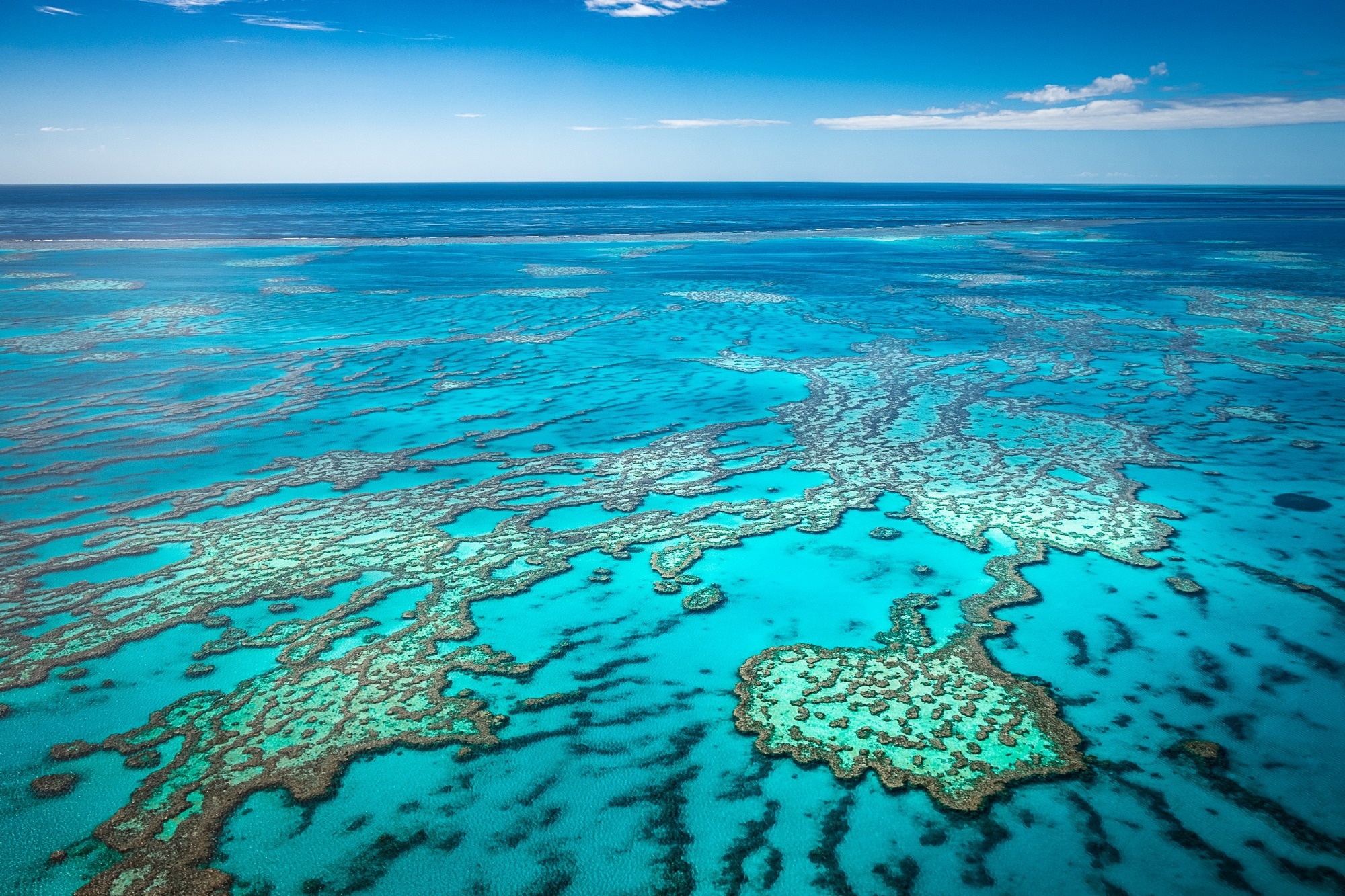Nov 2 2025
By capturing the complex realities of coral ecosystems, AI-driven models are revealing a more hopeful picture, where smart local management can help reefs endure and recover in a warming world.

Research: Evaluating coral reef hazards requires both explanatory and predictive models. Image Credit: I Shafiq / Shutterstock
A new study led by the Wildlife Conservation Society (WCS) finds that artificial intelligence (AI) models are providing more accurate and more hopeful predictions for the future of coral reefs amid climate change. Findings show that while many reefs face serious risks and degradation, others may remain stable or even recover, especially when local management reduces pressures such as overfishing, water pollution, and coastal degradation.
Machine Learning Outperforms Traditional Climate Models
Now published in the journal Coral Reefs, the study argues that machine learning (ML) approaches, trained on decades of real-world field data, are predicting coral reef status and outcomes more accurately than theory-based single-variable climate impact models. To date, most theory-based predictions have been based on overly simple measures like excess heat, which have not always correlated well with actual coral reef status. ML tools are capturing the complexity of coral reef ecosystems and the many environmental factors that shape their responses to the complex changes observed in warming oceans.
Local Factors Drive Coral Resilience
"Machine learning models are not based on simple theories and limited testing. They are grounded in extensive field observations and satellite and shipboard measurements," said Dr. Tim McClanahan, Director of Science for WCS's Global Marine program and lead study author. "Tsimplisticodels are, such asaling that coral reef responses to climate change are higthe hly infstatus of coral reefsay of local factors like temperature variability, depth, currents, and human pressures from things like fishing and coastal development. Because of that, the impacts of climate change are not uniform. Many reefs will face negative and even devastating outcomes, but some show resilience or recovery if we do not add more local insults to the global climate injuries."
Data-Driven Insights for Smarter Conservation
By analyzing large sets of field data, the new ML models are highlighting how local conditions and good management can make a measurable positive difference – helping scientists and decision-makers target protection and management where it will have the biggest impact.
AI Supports Global Strategy for Climate-Resilient Reefs
"AI can improve how we predict and plan for coral reef futures," said Dr. Emily Darling, Director of WCS's Coral Reef Conservation Program. "But AI needs data, and continuing to support high-quality coral reef monitoring and science is critical to identifying which reefs are likely to persist and where action will have the biggest impact. This underpins WCS's new global coral reef strategy which centers climate-resilient coral reefs as the top priority for conservation investments."
Integrating AI Predictions With Traditional Science
The study calls for continued work to bridge AI-driven predictive models with traditional explanatory science, thereby refining our understanding and directing conservation investments more precisely. By doing so, researchers can better forecast reef resilience, target high-value conservation sites, and ensure limited resources are focused where they matter most.
"We cannot bury reefs while they are still living," said Dr. McClanahan.
Source:
Journal reference: